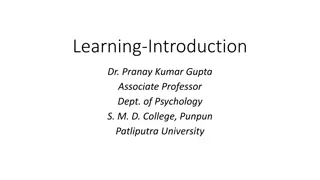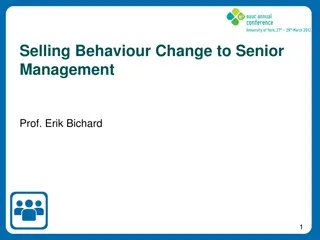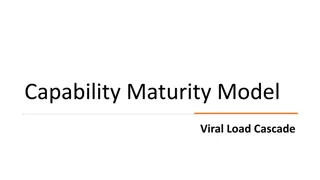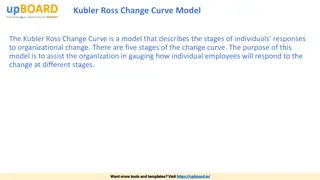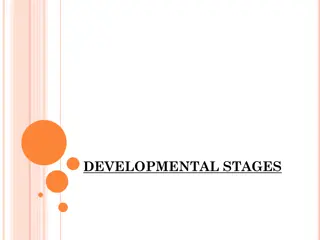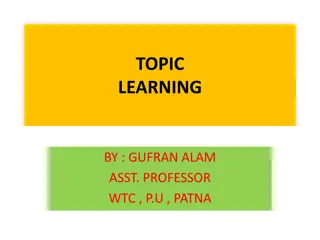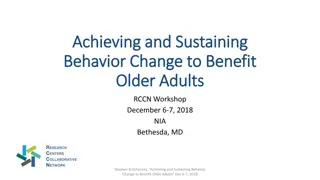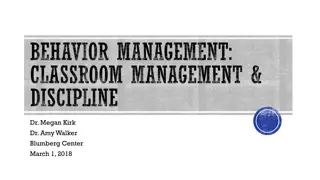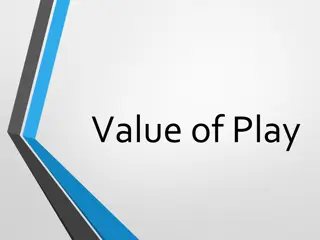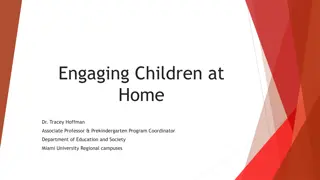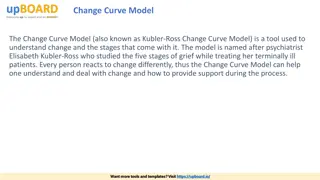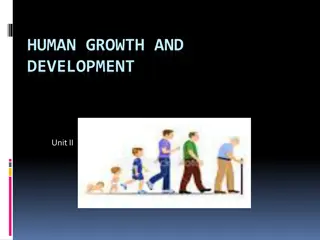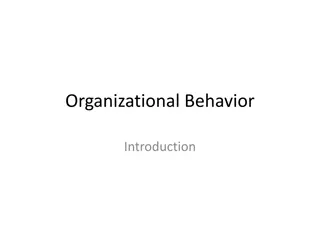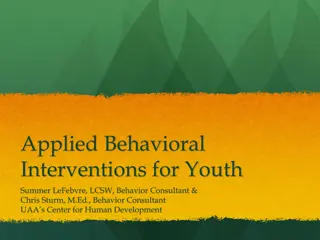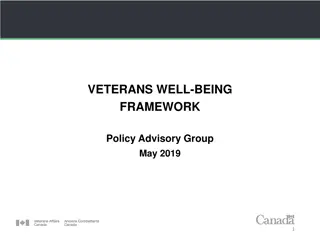Understanding Health Education: Domains of Learning and Stages of Behavior Change
Health education plays a crucial role in promoting and maintaining healthy practices. This lecture emphasizes the importance of cognitive, affective, and psychomotor domains of learning in health education. It also outlines the stages of behavior change individuals go through, from awareness to evaluation, highlighting the significance of support and encouragement in facilitating positive health-related transformations.
Download Presentation

Please find below an Image/Link to download the presentation.
The content on the website is provided AS IS for your information and personal use only. It may not be sold, licensed, or shared on other websites without obtaining consent from the author. Download presentation by click this link. If you encounter any issues during the download, it is possible that the publisher has removed the file from their server.
E N D
Presentation Transcript
Lecture no. 4 Health Education Lecturer Dr. FirasA. Jasim (MBChB-ABMS-FM) Mar. 2023
Health education - Health education is a process that informs, motivates, and help to adopt and maintain healthy practice and lifestyles, advocates environmental changes as needed to facilitate this goal. - It can be defined as the principle by which individuals and groups of people learn to behave in a manner conducive to the promotion, maintenance, or restoration of health.
- Health education is any combination of learning experiences designed to help individuals and communities improve their health, by increasing their knowledge or influencing their attitudes. - The goal of all teaching is learning. Learning is defined as" a process resulting in some modification of relatively permanent of the behavior, i.e. way of thinking, feelings, doing of the learner".
Domains of learning: 1.. Cognitive Domain The cognitive domain deals with the " recall " or recognition of knowledge and the development of intellectual abilities and skills.
2.. Affective Domain This domain describes changes in attitudes, values, and appreciation. In affective domain nurses influence what clients and families think, value, and feel. It is difficult to change deep seated values, attitude, beliefs, and interests. To make such changes, people need support and encouragement from those around them.
3.. Psychomotor Domain This domain includes the performance of skills that require integration of mental and muscular ability. People pass through a series of changes before they adopt a new practice. A. Stage of Awareness At this stage the person come to know about new idea or practice. He has only a general information about it and knows little about its usefulness.
B. Stage of Interest In this stage the person seeks more information, he is willing to listen or read or learn more about it. C. Stage of Evaluation During this stage the person weights the pros and cons of the practice and evaluates its usefulness to him and his family. It is a mental exercise results in decision to try or reject the practice.
D. Trial Stage In this stage education is put in to practice. E. Adoption Stage At this stage person decides that new practice is good and adopts it. . In a community, people may be in different stages of the adoption process.
Health promotion '' The science and art of helping people change their lifestyle to move toward a state of optimal health ''. Strategies of Health Promotion: 1. Educational: To change beliefs, opinions and behaviors. 2. Policy: To encourage healthy behavior and discourage unhealthy behavior 3. Environmental: To make the environment safe to encourage healthy behaviors.
Why is health promotion important ? 1/ Health promotion improves the health status of individuals, families, communities, and the nation. 2/ Health promotion enhances the quality of life for all people. 3/ Health promotion reduces premature deaths. 4/ By focusing on prevention, health promotion reduces the costs that would spend on medical treatment.
Sites for health promotion activities : 1 Home. 2 Community setting. 3 Schools. 4 Hospitals. 5 Workplace.
Involvement in Public Health There are three levels of involvement in public health: 1. Teachers, social workers, voluntary sector staff and health workers all have a role in health improvement. They need to adopt a public health mind set and appreciate how their work can make a difference to health and wellbeing, and where more specialist support can be obtained locally.
2. A smaller number of hands-on public health professionals, such as health visitors and environmental health officers, who spend a major part, or all, of their time in public health practice working with communities and groups. 3. A still smaller group of public health specialists from medical and other professional backgrounds, who work at a senior level with responsibility to manage strategic change and lead public health initiatives. This group includes health promotion specialists and medically qualified public health doctors.
Objectives At the end of this lecture, you will be able to: 1. Define the Health education and Promotion. 2. Discuss Domains of learning. 3. Important of Health promotion.
Test yourself Q1/ Enumerate the stages of Psychomotor Domain ? Q2/ What are the Promotion ? Strategies of Health







